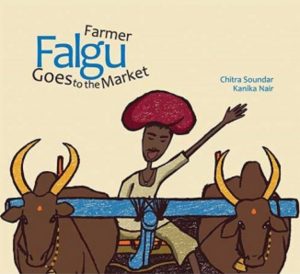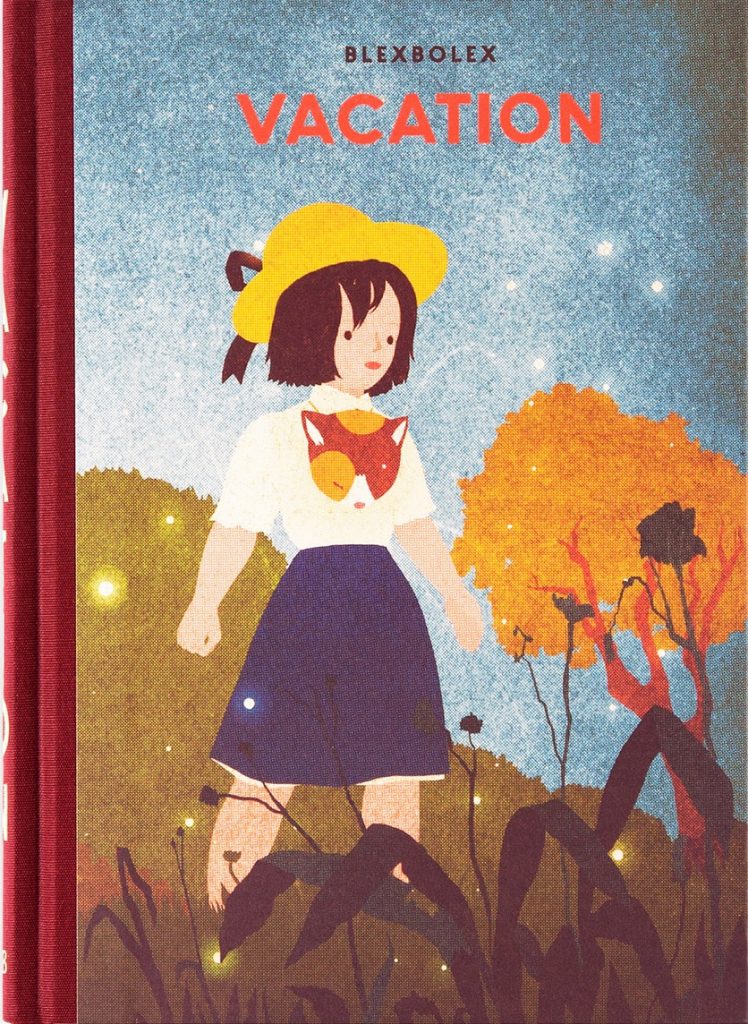By Susan Corapi, Trinity International University, Deerfield, IL
This week’s characteristic of intercultural competence is hard to “pin down” with good reason because it involves having a flexible mindset. Homi Bhabha, a Harvard professor who has written about this in his essay The Location of Culture (1994), calls it living in the present in the borderlands. He explains that instead of thinking of ourselves as belonging in certain cultures or spaces, we think of ourselves as in between, or the area between categories where things are fuzzy and we are redefining some of our identity. It is a place of tension–no doubt about it. But it is also an exciting place because it is an area of growth. It is a willingness to live in the messy areas instead of feeling the need to define everything in fixed categories.
Another way to think about it is that an interculturally competent person is one who can approach change with an open mind. Change is always hard, but a flexible mindset makes negotiating change much easier. Several titles from the 2019 OIB list have characters who exhibit this mindset or the opposite, resulting in a struggle with flexibility.
 Farmer Falgu Goes to the Market by Indian and UK author Chitra Soundar and Indian illustrator Kanika Nair
Farmer Falgu Goes to the Market by Indian and UK author Chitra Soundar and Indian illustrator Kanika Nair
Farmer Falgu lives in India and he is ready to go to market to sell his goods. In this cumulative tale, he sets off with his cooperative oxen loaded with tomatoes, onions, green chilies, cilantro, white and brown eggs, and some special duck eggs. But of course, on the way to the market he experiences crisis after crisis. His eggs are all broken when his cart goes over potholes; his cilantro is crushed when his cart veers off the road to avoid a big truck; and his chilies are damaged when his oxen stop to avoid a family of ducks and his produce shifts around. After each crisis he evaluates out loud, “I no longer have [product] but I still have [product] for sale.” But in the end, everything has been damaged beyond repair. So he arrives at the market, borrows a pan from a friend, and decides to make huge omelets that he successfully sells to other market-goers. He was willing to shift his identity from that of “farmer” to “cook.”
This is more than a story of taking the lemons of life and making lemonade. This is a great example of a farmer rethinking possibilities and getting creative with solutions. Farmer Falgu could live with change and quickly rethink the way he thought of his produce. He exhibits the flexibility of mindset that is the focus this week.
No Fixed Address by Canadian author Susin Nielsen
This book’s title gives a clue that the character is dealing with flexibility. For 12-year-old Felix Knutsson, life is in constant flux because Astrid, his artist mother, cannot hold down a job for long and struggles to pay the bills. So they are living out of their van, which is sort of fun in the summer but not fun in the winter when it is cold. Astrid is continually thinking up ideas to help them survive, and she is good at tweeking the truth to get them into helpful places, such as a good school for Felix, or an empty garage with electricity and water. All this is hard for Felix as he tries to love his mother, survive grade six culture and understand the complex life he has. He is forced to live in the tension of no fixed address and a fluid identity depending on where he is. Across the novel he does his best to cope with all the moving pieces
of his life; in the end he is able to construct an identity and life that acknowledges his desire to have friends, succeed in his school and love his mother.
There is no shift that requires more identity fluidity that that of being a refugee. The suddenness of leaving all that is familiar and moving into what is very different requires an elasticity of spirit and the ability to bend as new identities are negotiated in the new home. In this year’s OIB list several titles described that change.
 A Story Like the Wind written by author Gill Lewis and illustrated by Jo Weaver, both from England
A Story Like the Wind written by author Gill Lewis and illustrated by Jo Weaver, both from England
Every once in a while you read a book that is jaw-dropping, that sits in your soul long after the book covers are closed. For me, this was the book. In this lyrical story-within-a-story, refugees are on a boat floating in a nameless sea. They each tell part of their story and in the process lift each other’s spirits. While it does not deal directly with the fluidity of identities, it does touch directly on the necessity of dealing with unpredictable patterns and events in life and hanging on to hope in the process.
[Editor Note: A Story Like the Wind is reviewed in WOW Review, Volume 11, Issue 3.]
Marwan’s Journey by Spanish/Brazilian author Patricia de Arias and illustrated by Laura Borras
What sets this book apart from other refugee stories is the way the words work with the illustrations to give a large sense of displacement. The title introduces the motif of a journey, and through the expansive double-page spreads and the words that use their power to describe the rootedness of home versus the fluidity of the forced journey, the reader begins to hear the disorientation of Marwan as he has to leave his home for the unknown. In a dream Marwan hears his mother telling him “…keep going, walk, and walk, and walk.” As Marwan approaches the border where he will encounter another country, another house, another language and stories of other homelands, he hangs on to his hope of returning to rebuild his home and garden and country. He holds the fluid nature of his current circumstances in tension with his hope for the future.
[Editor Note: Marwan’s Journey is the subject of WOW’s November 2018 My Take/Your Take.]
The final book that represents fluidity for me is not so much about the content but more about the reading experience.
 Vacation by French author/illustrator Blexbolex
Vacation by French author/illustrator Blexbolex
This book is a lengthy visual narrative that asks the reader to enter into a world that is part reality and part imagination. For me personally, the half real/half imagination requires a high level of fluidity, so this book stretches me as a reader. It requires that I live in the borderland between real and imagined worlds. In Vacation, a little girl goes to visit her grandfather in the countryside. Eventually a small elephant joins them in their home. As the little girl and the elephant negotiate how they play together or understand each other, the grandfather has to occasionally help them out. Across the story, the girl constantly learns to be flexible in how she accomplishes tasks or approaches life.
Next week we will look at OIB titles that demonstrate agency—the drive to take action!
Journey through Worlds of Words during our open reading hours: Monday-Friday, 9 a.m. to 5 p.m. and Saturday, 9 a.m. to 1 p.m. To view our complete offerings of WOW Currents, please visit archival stream.
- Themes: Blexbolex, Chitra Soundar, Farmer Falgu Goes to the Market, Gill Lewis, Jo Weaver, Kanika Nair, Laura Borràs, Marwan's Journey, No Fixed Address, Outstanding International Books (OIB), Patricia de Arias, Story Like the Wind, Susan Corapi, Susin Nielsen, United States Board on Books for Young People (USBBY), Vacation
- Descriptors: Awards, Books & Resources, WOW Currents
